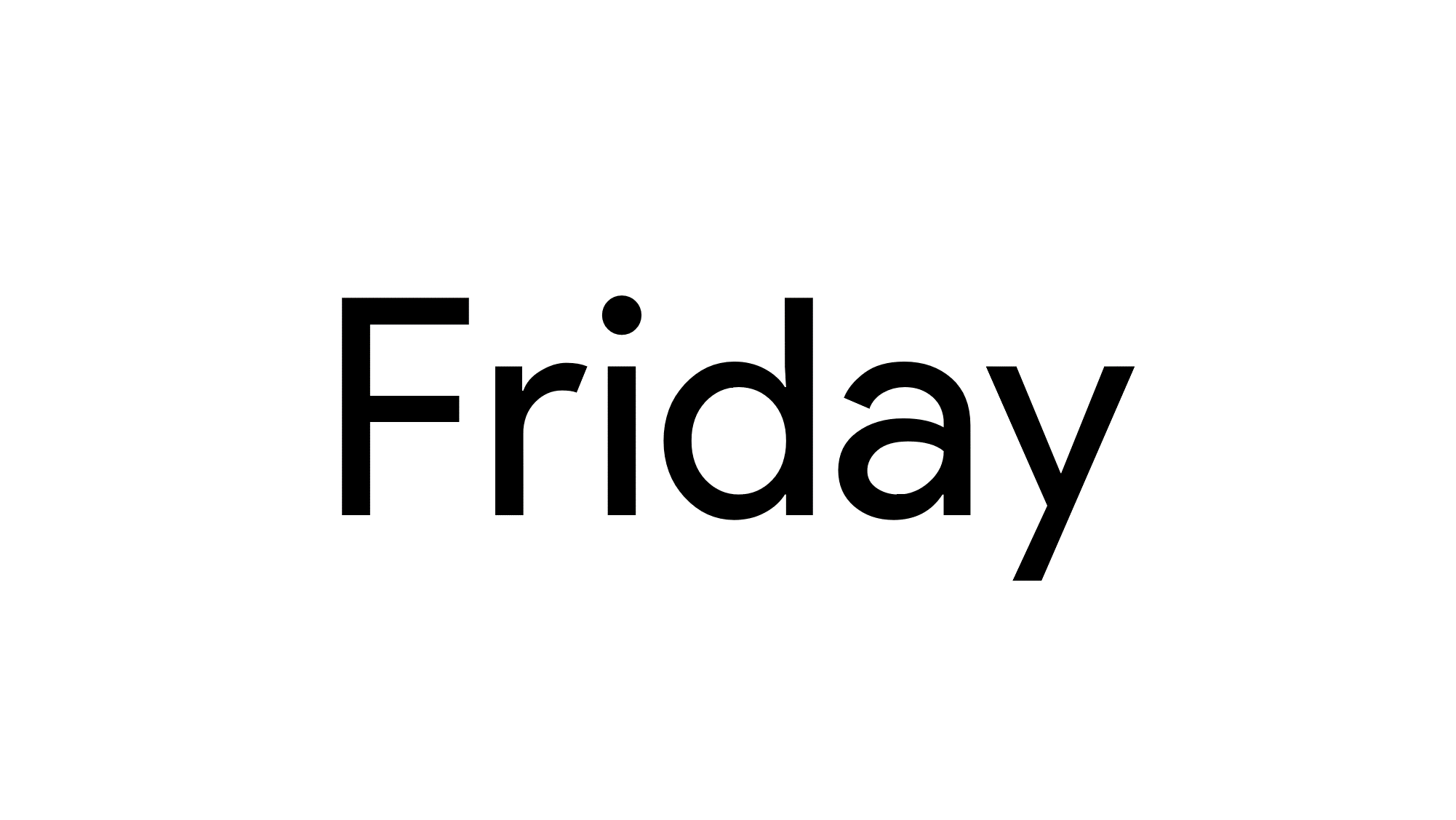It’s the big news story of the weekend – for those of us in tech, anyway. US President Donald Trump announced that US companies will be able to resume sales to Huawei. Exactly how that would play out wasn’t clear, and some additional reporting from Reuters is today revealing more information.
Simply put, Huawei’s not really off the DoC Entity List but there’ll be more exemptions issued around products that are “widely available”.
National Economic Council chairman Larry Kudlow told Fox News Sunday, “All that is going to happen is Commerce will grant some additional licenses”, adding “This not a general amnesty”.
The Trump administration has faced criticism after striking the deal over the weekend, with some (including ourselves) claiming it makes a mockery of their national security claims against the company. Kudlow is adamant that’s not the case. “The national security concerns will remain paramount” he said, indicating that some technology and resources will remain off the table.
Last week, reports emerged suggesting that some US chipmakers had found loopholes allowing them to continue sales to Huawei despite the ban (although the 90-day stay on that ban made it a bit of a grey area anyway). It seems the change on the weekend legitimised those sales since the products are “widely available” worldwide, but leaves other things unclear.
We’re now left wondering where exactly this leaves Huawei’s relationship with Google, particularly surrounding its use of Android on its phones. While the company can use AOSP source code, it’s said to have been preparing to launch its own Android-compatible OS and a Chinese app store consortium in recent weeks.
Google Mobile Services, the component that provides Gmail, Maps and the Play Store on top of AOSP Android, it’s the subject of a commercial arrangement between the companies and would seem to be the opposite of “widely available”.
Google is known to be amongst the companies that have campaigned for a reversal of the Huawei ban, and Huawei said last week that removing them from the Android ecosystem could cost Google some 800 million users.
Kudlow says the weekend agreement between Trump and Chinese President Xi “is not the last word”. We’re hopeful that the specifics will become clear soon.




